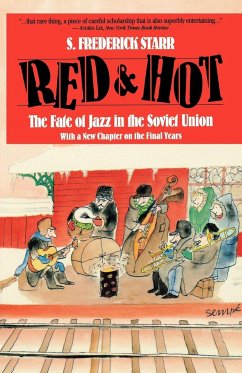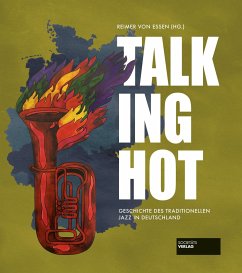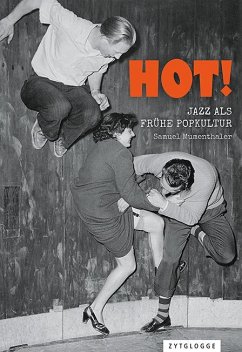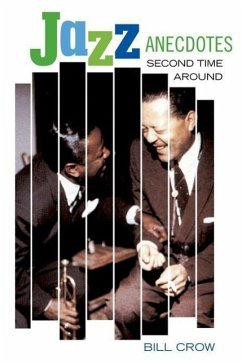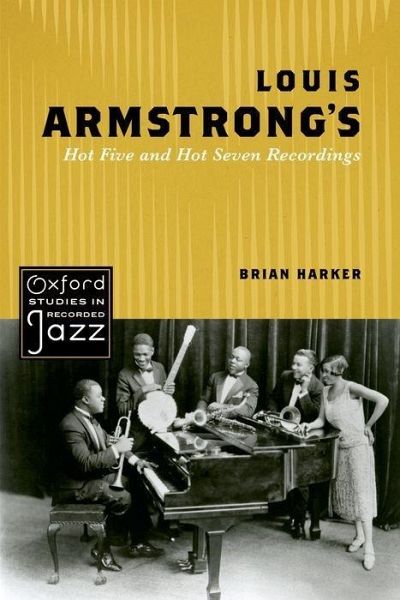
Louis Armstrong's Hot Five and Hot Seven Recordings
Versandkostenfrei!
Versandfertig in 1-2 Wochen
34,99 €
inkl. MwSt.
Weitere Ausgaben:

PAYBACK Punkte
17 °P sammeln!
In Louis Armstrong's Hot Five and Hot Seven Recordings, Brian Harker strikes a unique balance between 1920s views of jazz and those of today. For the first time Armstrong's technical achievements are placed in a meaningful cultural context, yielding unexpected insights into these seminal documents of early jazz.
For jazz historians, Louis Armstrong's Hot Five and Hot Seven recordings mark the first revolution in the history of a music riven by upheaval. Yet few traces of this revolution can be found in the historical record of the late 1920s, when the records were made. Even black newspapers covered Armstrong as just one name among many, and descriptions of his playing, while laudatory, bear little resemblance to those of today. For this reason, the perspective of Armstrong's first listeners is usually regarded as inadequate, as if they had missed the true significance of his music. This attitude overlooks the possibility that those early listeners might have heard something valuable on its own terms, something we ourselves have lost. If we could somehow recapture their perspective-without abandoning our own-how might it change our understanding of these seminal recordings? In Louis Armstrong's Hot Five and Hot Seven Recordings, Brian Harker selects seven exceptional records to study at length: "Cornet Chop Suey," "Big Butter and Egg Man," "Potato Head Blues," "S.O.L. Blues"/"Gully Low Blues," "Savoy Blues," and "West End Blues." The world of vaudeville and show business provide crucial context, revealing how the demands of making a living in a competitive environment could catalyze Armstrong's unique artistic gifts. Technical achievements such as virtuosity, structural coherence, harmonic improvisation, and high-register playing are all shown to have a basis in the workaday requirements of Armstrong's profession. Invoking a breadth of influences ranging from New Orleans clarinet style to Guy Lombardo, and from tap dancing to classical music, this book offers bold insights, fresh anecdotes, and, ultimately, a new interpretation of Louis Armstrong and his most influential body of recordings.




